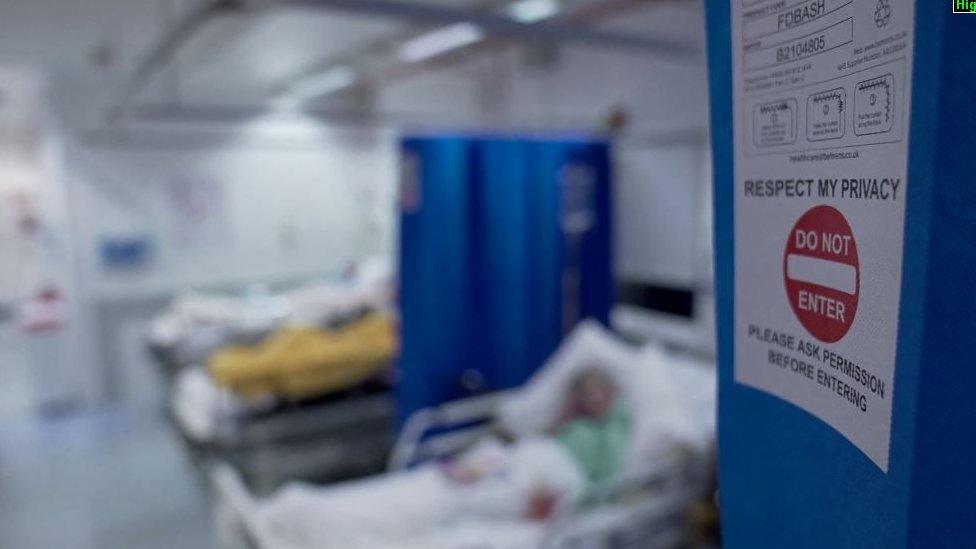Health failures in NI creating unfair system says Bengoa
- Published
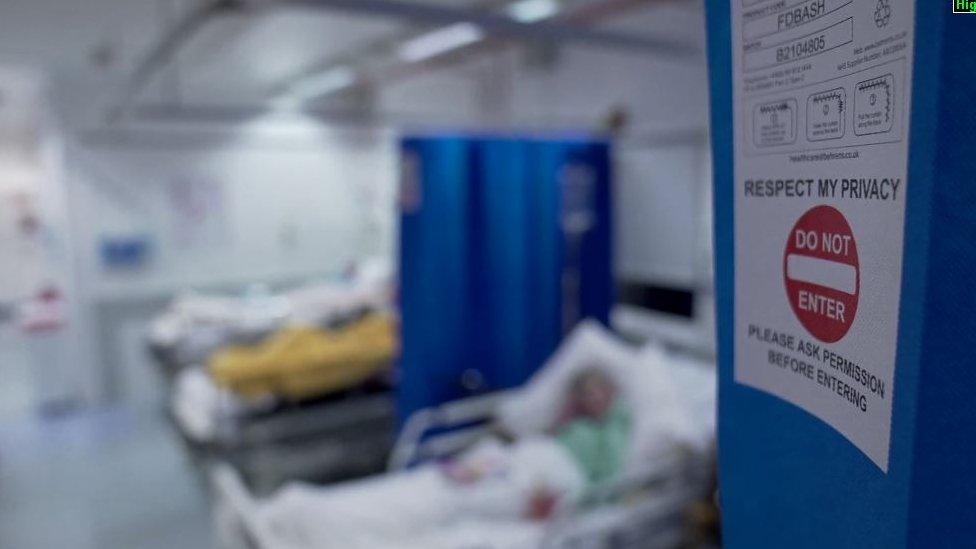
Hospitals are reporting "relentless" pressure
Northern Ireland is heading towards a more unfair system of care as people are driven to get treatment privately, the man behind a major report into the health service has said.
Prof Rafael Bengoa, who led the review in 2016, called for political action.
He said there needed to be a long-term plan to improve healthcare here.
Meanwhile a former head of the Health and Social Care Board said the system was in "deep trouble".
Last week staff at the Ulster Hospital told BBC News NI they were under "relentless" pressure.
They said patients were being treated for up to 10 hours in ambulances with hospital beds "at a premium".
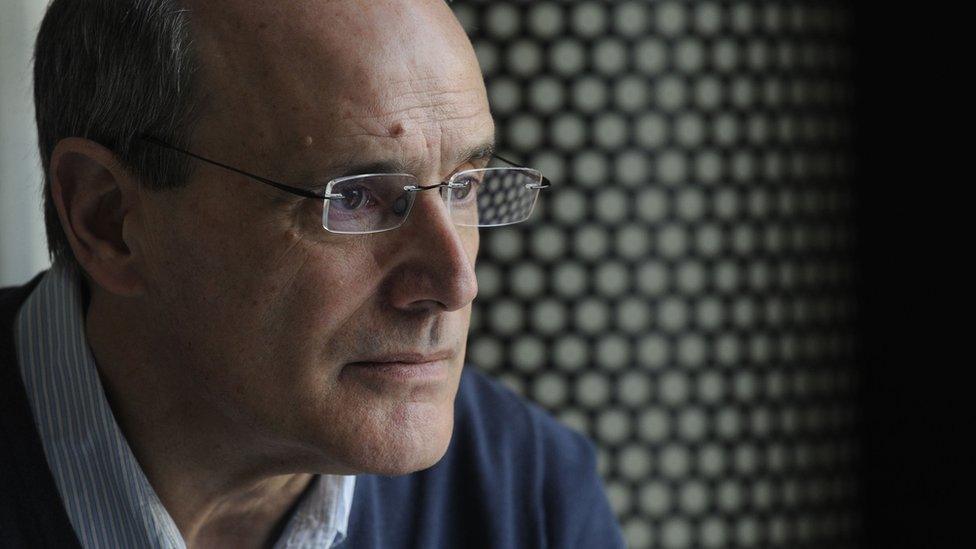
Spanish health reform expert Prof Rafael Bengoa
Speaking to Radio Ulster's Sunday Sequence, Prof Bengoa said: "There is a sort of laissez-faire which is permitting people to vote with their feet and go to seek private care, so you are going towards a system that nobody wants, a system which introduces even more inequalities into the system.
"It's a question of reinforcing the public system," he added.
"It cannot be something that can be handled only by professionals and physicians, there has to be some sort of political engagement again in Stormont so you launch in a very forceful way this reconfiguration of the health system."
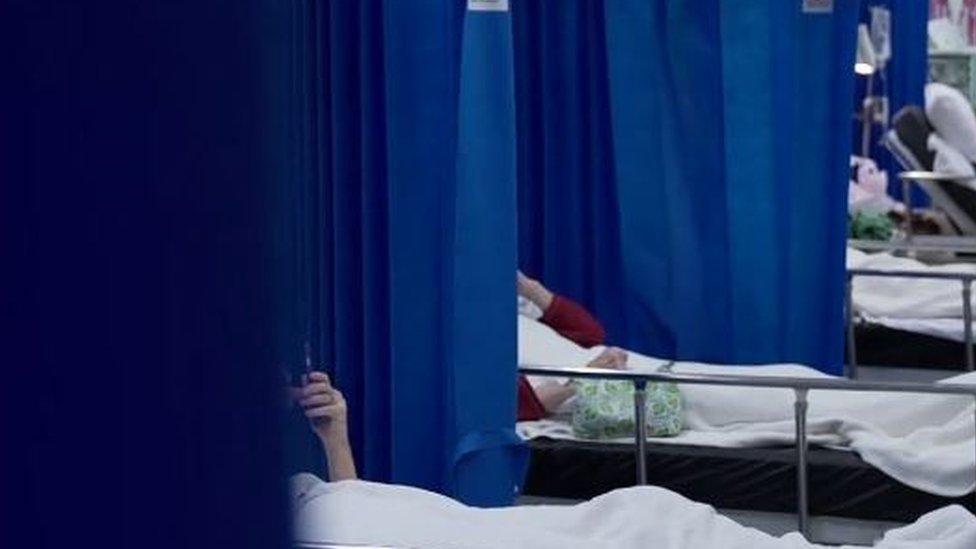
John compton says Covid-19 has blown an already fragile system wide open
John Compton, who spent 40 years working in health and social care, said the problems "long predate" Covid-19, but that the pandemic had "blown that fragility wide open".
Northern Ireland currently has the highest infection rate, and lowest vaccine figures, in the UK.
Mr Compton said the last week had seen "chaos" in the health system.
"I think it's very disappointing to see that we've driven many, many people in Northern Ireland into private care because ultimately if you're in pain or you can't see because you need cataract surgery or something like that and you can afford it, of course you're going to go and solve that problem.
"At the core of the NHS is this view about health inequality and giving everyone the same opportunity, and if we're not careful we'll drift into something else that is less acceptable to us as a society."
Related topics
- Published27 November 2021
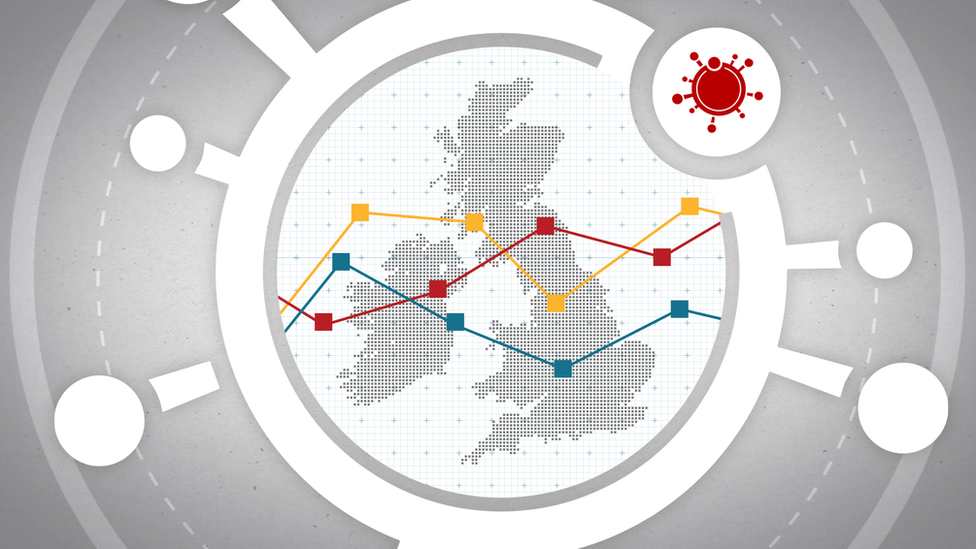
- Published24 November 2021
